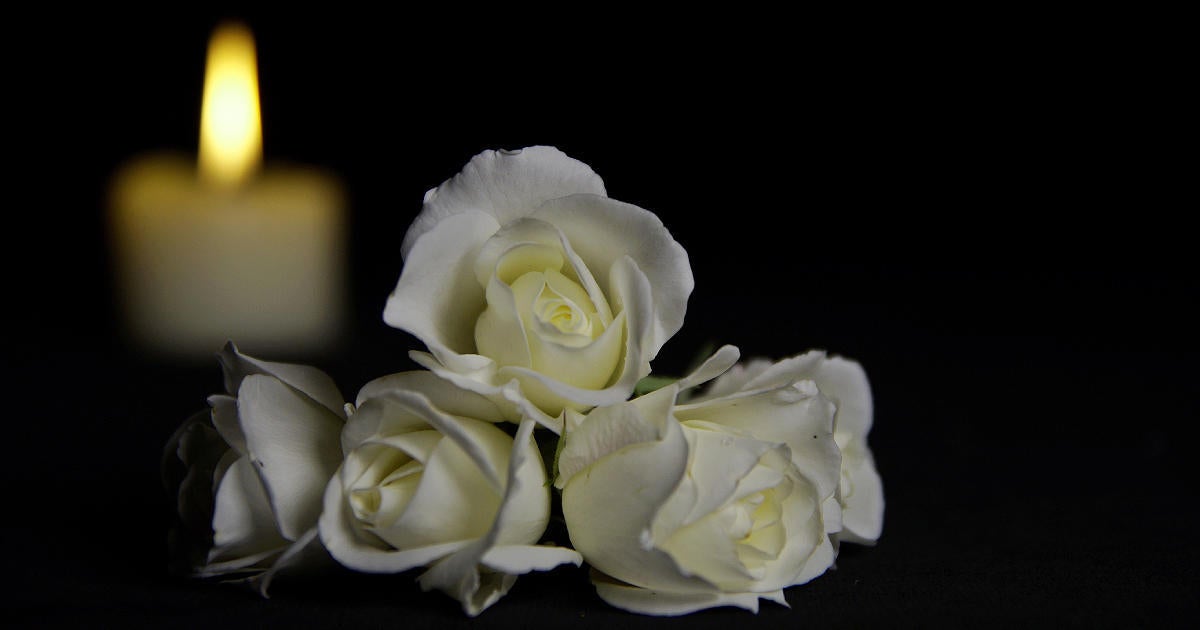The Worst and Best Foods For Your Teeth
There's nothing more frustrating than despite your flawless brushing and flossing, those pearly [...]
There's nothing more frustrating than despite your flawless brushing and flossing, those pearly whites aren't quite as white as you'd like them to be. Have you ever considered the food you eat might be causing the yellow-stain issue? An article from Refinery29 has the skinny on which foods are the best and worst for your teeth. So, grab a paper and pen and take note on how to help make your teeth shine better than ever!

WORST
Citrus & acidic foods: If you notice a yellowish tinge to your teeth, acidic foods (think citrus fruits and tomatoes) might be to blame. Even though they're nutrient-packed, these colorful eats can erode enamel, which might expose the yellow-hued dentin — aka the tissue beneath the enamel made up of mostly calcium and phosphate crystals, Cram says.
Coffee: Sorry, java junkies: Your favorite cure for tired mornings contains tannins (acidic polyphenols) that lead to staining and discoloration, Cram explains. Plus, because it's acidic, it alters the pH balance of the mouth, making any acidic foods you eat afterward damage the teeth much more quickly, says Kourosh Maddahi, a cosmetic dentist based in Beverly Hills.
His solution: Drink your coffee with a to-go lid — not a straw (a misunderstood method to not staining your teeth). Doing so will cut back on the acidic-environment situation that coffee causes in the mouth and also prevents the fine lines that form when you pucker your lips to sip from a straw, Maddahi says.

Sweets: That whole sugar-will-rot-your-teeth-out thing? It's a bit dramatic, but based on fact. The sugars in delicious treats like cookies and hard candy (and even snack foods like chips) latch onto your teeth and become the main meal for the bacteria in your mouth. When the bacteria feed off these sugars, they release acids that lead to tooth decay, which may be dark and cause holes in your poor teeth, Cram says.
Soda: Sugar-laden beverages act the same as sugar-laden snacks, giving the bacteria in your mouth plenty to feed off of (and thus releasing damaging acids), Cram says. Sodas are especially dangerous, since anything carbonated is also acidic and will create holes in the teeth. This includes sugar-free versions, too, Maddahi says.
Tea: Just like coffee, tea also contains the staining saboteurs known as tannins, so sipping on a cup of chamomile may lead to stains, Cram says. But, there's even more to it than that — like the hue it turns your teeth, for instance. "Green tea stains teeth gray, and black tea stains them yellow," Maddahi explains. If green tea's your go-to, he suggests investing in a high quality option — the lower the quality, the worse the stain it'll cause.
And, if you just can't bid the brew adieu, use Maddahi's to-go lid trick like you would if you were drinking coffee. Also, consider adding a dash of milk to your cup. Research suggests that adding milk to your tea slashes its ability to stain your teeth.

Blueberries, blackberries & pomegranates: While they may be chock-full of antioxidants, these richly pigmented berries have a serious stain game. Maddahi's rule of thumb when it comes to these little superfoods: If it's difficult to remove their stain from clothing, it's going to be difficult removing it from teeth.
Red wine: Wine may be responsible for teeth that've turned shades of gray — which, unluckily, is a harder hue to remove than yellowish stains, Maddahi says. The culprits? The same pesky tannins that we see in tea and coffee. But, there's a silver lining: While your favorite malbec may not help your pearly whites stay that way, recent research suggests that it may actually help fight cavities. So go on and pour it up, pour it up — in moderation, of course.
White wine: Cue the sad violin. As it turns out, sipping on sauvignon blanc can also steal some of the white away from your smile. One study suggests that the lighter type of vino may make tooth stains darker. So while it doesn't actually cause the stains, its acid content creates little pockets on the surface of the tooth that allow other beverages to seep in deeper, the study's researchers explain.
What about the best foods for your teeth? Click here to read the original article on Refinery29!




